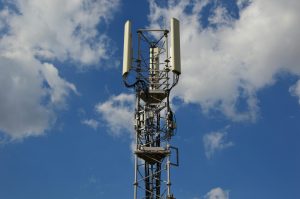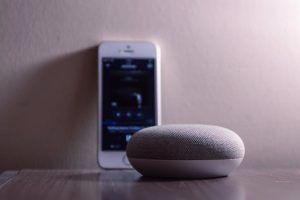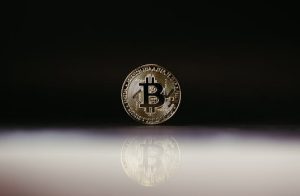The Impact of Inflation on Car Prices and Financing
Inflation is a necessary and inevitable aspect of any economy. It refers to the overall increase in the prices of goods and services over time. While inflation can have a significant impact on consumer spending and the overall economy, it also has a direct impact on the automotive industry, particularly car prices and financing. As inflation rates continue to rise, car prices and financing are not immune to its effects. In this article, we will delve into the impact of inflation on car prices and financing, and how it affects both car buyers and the automotive industry as a whole.
The Correlation Between Inflation and Car Prices
One of the most direct impacts of inflation on car prices is the increase in the cost of production. As inflation rates rise, the cost of raw materials, labor, and transportation also increases, ultimately leading to a higher cost of production for car manufacturers. This, in turn, translates to higher prices for new cars in the market.
Moreover, inflation also affects the supply and demand dynamics of the automotive industry. When inflation rates are high, individuals tend to have less purchasing power, resulting in a decrease in the demand for cars. As a result, car manufacturers may be forced to decrease their prices to attract potential buyers. On the other hand, when inflation is low, the demand for cars increases, and therefore, car prices tend to rise.
The Role of Interest Rates in Car Financing
Inflation also has a direct impact on car financing through the role of interest rates. Interest rates refer to the cost of borrowing money for a particular period. When inflation rates rise, central banks often increase interest rates to curb inflation and control the overall economic growth. This, in turn, increases the cost of borrowing for car buyers, leading to higher interest rates on car loans.
The increase in interest rates can have a significant impact on car financing for both buyers and lenders. Firstly, higher interest rates may result in higher monthly payments, making it more difficult for individuals to afford car loans. It may also make it challenging for lenders to attract potential buyers, leading to a decrease in car sales.
The Impact of Inflation on Used Car Prices
Inflation not only affects the prices of new cars but also has a direct impact on used car prices. As the cost of new cars increases due to inflation, the demand for used cars tends to rise as individuals search for more affordable alternatives. As the demand for used cars increases, sellers may be able to increase their prices, leading to an overall increase in used car prices.
Inflation can also affect the depreciation rates of used cars. Depreciation refers to the decrease in value of a car over time. When inflation is high, the depreciation rates of used cars tend to increase. This means that buying a used car may not be as financially beneficial as it would be in a low-inflation environment.
How Car Buyers Can Mitigate the Impact of Inflation
While the impact of inflation on car prices and financing may seem daunting, there are ways for car buyers to mitigate its effects. One of the most effective ways is to shop around and compare prices from different dealerships. With competition, buyers may be able to find better deals and negotiate lower prices.
Additionally, it is essential to keep an eye on interest rates and try to time car purchases when interest rates are lower. When interest rates are low, monthly payments and overall costs of car loans tend to be cheaper, making it more affordable for buyers.
Conclusion
In conclusion, inflation has a direct and significant impact on car prices and financing. As inflation rates continue to rise, car prices and financing may become more challenging for both buyers and lenders. Understanding the correlation between inflation and the automotive industry is crucial for both individuals looking to purchase a car and industry professionals. By staying informed and making strategic decisions, car buyers can mitigate the impact of inflation on their car purchases and finances.








